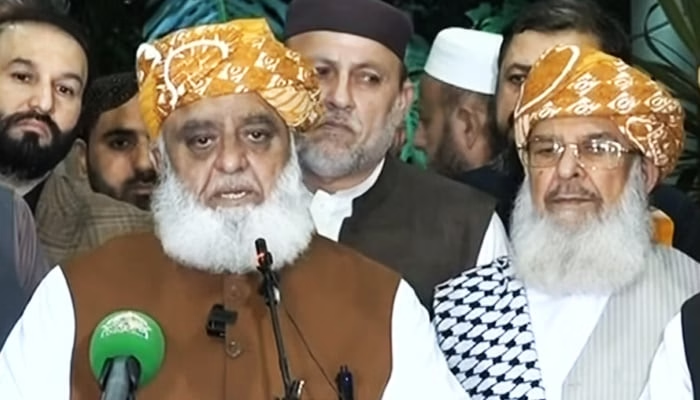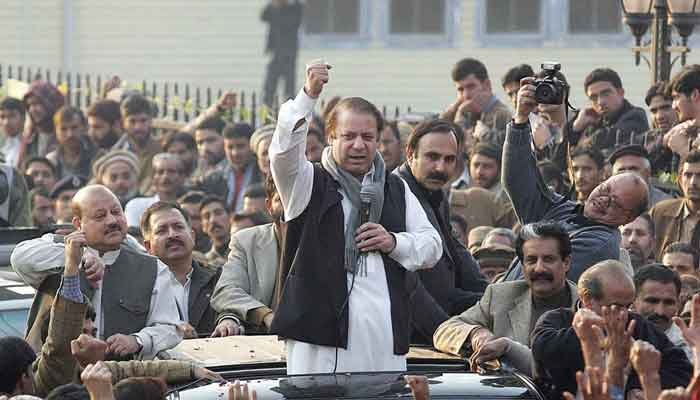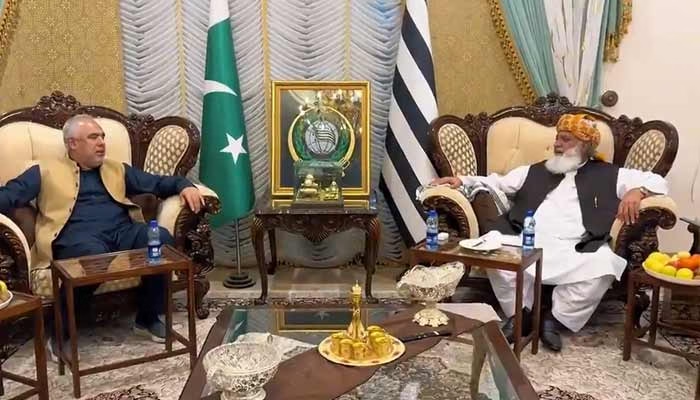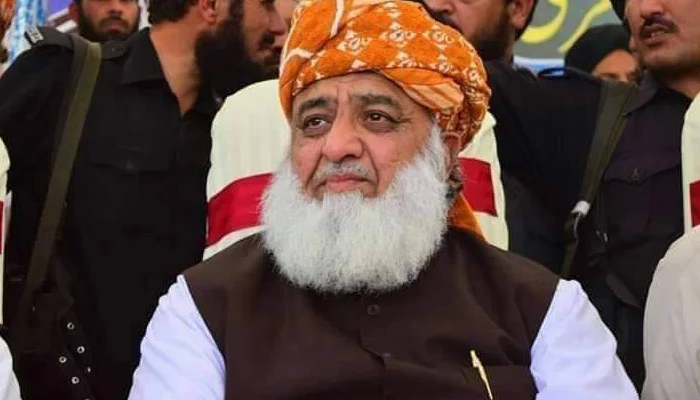Jamiat Ulema-e-Islam-Fazl (JUI-F) chief Maulana Fazlur Rehman has raised strong objections to any potential amendments to Article 243 of Pakistan’s Constitution that could weaken democratic values or provincial autonomy. His remarks came during a press conference in Islamabad, where he cautioned that any move to alter the spirit of Article 243 in a way that undermines democracy would be unacceptable.
Article 243, which vests the supreme command of the armed forces in the President of Pakistan, is a crucial constitutional clause ensuring civilian oversight of the military. It also establishes that the federal government retains control and command over the armed forces. The discussion around modifying this article has sparked political debate across the country, with opposition parties questioning the government’s motives behind the proposed 27th Constitutional Amendment.
Maulana Fazlur Rehman expressed concern that no official draft of the proposed amendment has been made public so far. He stated that without transparency, political parties and citizens cannot properly assess its implications. He recalled that during the 26th Constitutional Amendment, the government had withdrawn 35 clauses after facing resistance, emphasizing that reintroducing any of those clauses would be an act of disrespect toward the Constitution.
The JUI-F leader highlighted that the 18th Amendment had significantly strengthened Pakistan’s federal structure by granting greater autonomy to provinces. Any attempt to reverse that progress, he warned, would face serious opposition from his party and other democratic forces. “JUI-F advocates for expanding provincial powers, not curtailing them,” he declared, insisting that reducing the provinces’ rights would go against the principles of federalism.
While elaborating on his stance, Maulana Fazlur Rehman reiterated that the essence of Article 243 lies in maintaining a balance between the civilian leadership and the armed forces. Altering it in a way that could centralize military authority under a new title such as “Commander of Defence Forces” — as reportedly proposed by the government — might disturb that balance. According to government sources, the new title is meant to enhance coordination among the three armed services. However, critics believe it could shift the traditional command structure and blur constitutional boundaries.
Political analysts suggest that the ruling Pakistan Muslim League-Nawaz (PML-N) aims to secure broader support for the 27th Amendment, which, apart from changes to Article 243, includes proposals to form a Constitutional Court and amend the National Finance Commission (NFC) Award. While the Pakistan Peoples Party (PPP) has shown partial support for modifying Article 243, it has firmly rejected any changes to the NFC award formula, viewing them as a potential threat to provincial resources.
Maulana Fazlur Rehman also used the press conference to criticize the government for neglecting its promises on economic and educational reforms. He particularly condemned the lack of progress on implementing interest-free banking systems and the government’s approach to religious schools. “Forcing religious seminaries under the Ministry of Education is not acceptable,” he said, arguing that such measures disregard the independence of religious institutions.
He urged the government and political leadership to adopt a collective and inclusive approach to addressing national challenges. “The country’s children are our collective responsibility. Nothing is being managed properly, and the solution lies in mutual consultation,” he asserted. His call for unity reflected his belief that Pakistan’s political and social stability depends on cooperation rather than confrontation.
Rehman further emphasized that governance should remain natural and democratic, echoing his long-standing position that political engineering and artificial setups cannot succeed. “During the 26th Amendment, all parliamentary parties stayed in contact and worked together. Society cannot accept an unnatural system; natural governance must prevail,” he concluded.
His remarks underscore JUI-F’s consistent commitment to preserving the democratic spirit of the Constitution. With the 27th Amendment debate heating up, Maulana Fazlur Rehman’s warning about Article 243 adds weight to the growing demand for transparency and consensus in constitutional reforms.
As the government prepares to table the proposed amendment, the controversy surrounding Article 243 highlights a broader struggle over Pakistan’s constitutional integrity, civil-military balance, and provincial rights. Whether the ruling coalition can navigate these complex issues without triggering political backlash remains to be seen but one thing is clear: JUI-F and other opposition voices will continue to guard against any step that risks undermining democracy or federal harmony.



